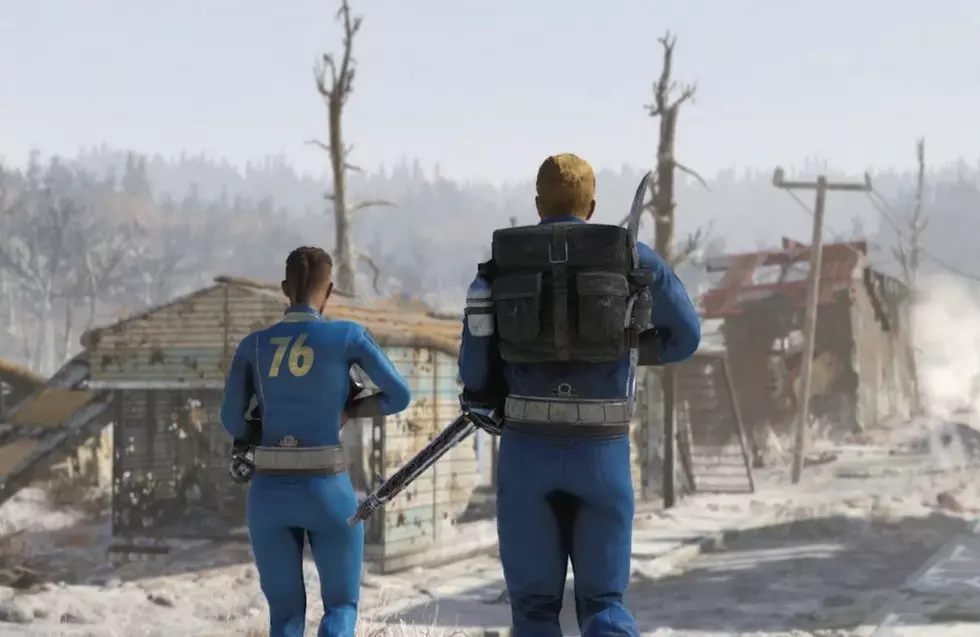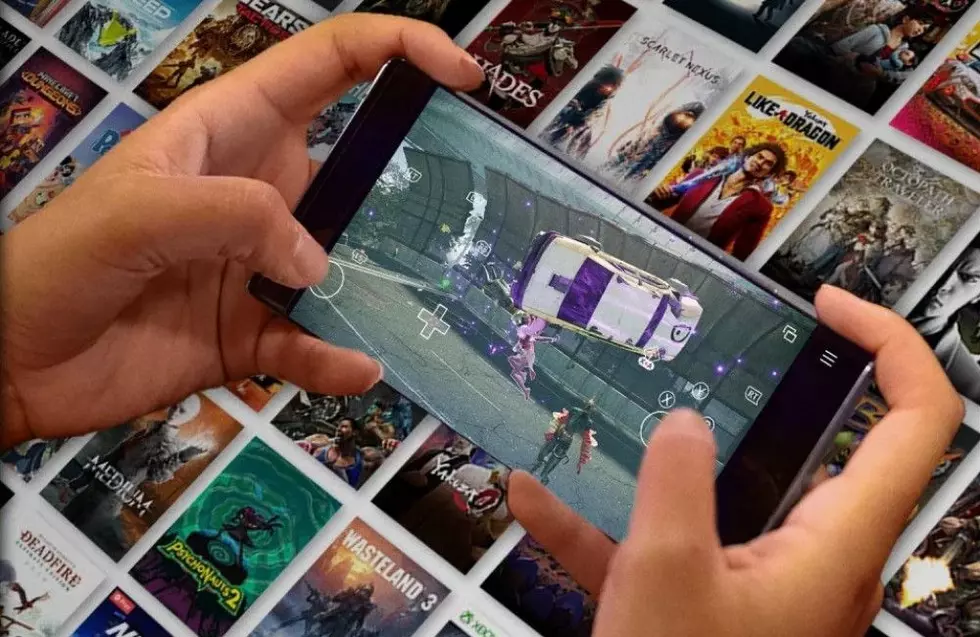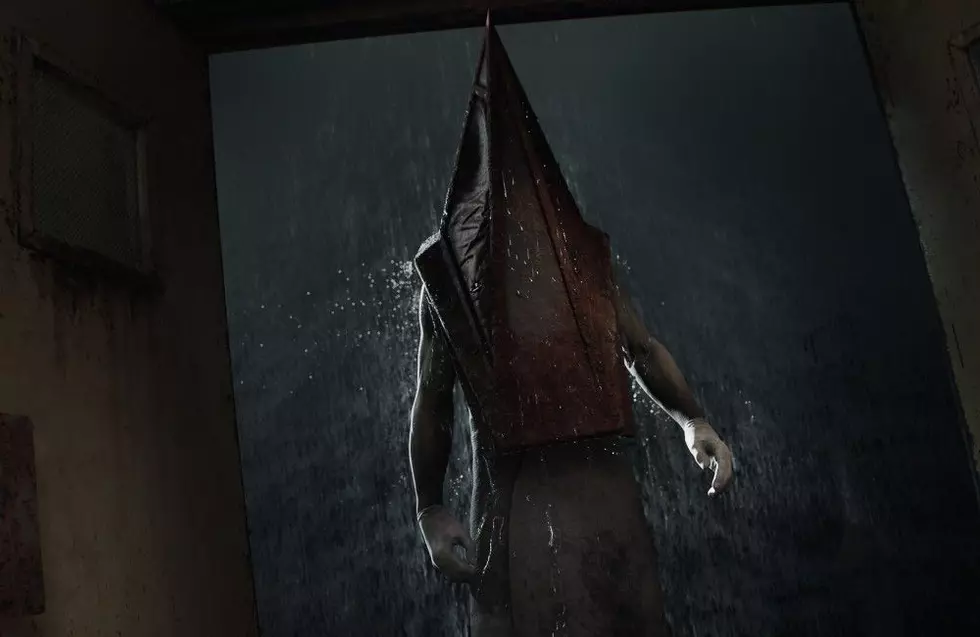
Twitch Makes Major Policy Changes to Audio Streaming and Video On Demand
In two new blog posts published yesterday, the online video game streaming service Twitch laid out some big changes coming to the service in the near future, and a lot of folks are none too pleased with some of their decisions.
First comes massive reconstruction to the Video on Demand service, which sees Twitch changing the way they store past broadcasts and other highlights. Past broadcasts used to only be stored forever, but now those will only be stored for a maximum of 14 days for regular broadcasters and 60 days for Twitch Turbo members and Twitch partners. Highlights will be saved forever instead, but now the highlights packages will be limited to two hours instead of whatever length the creator wishes.
This is a bit disheartening for a couple of reasons: one, all of those awesome speed-runs will soon be lost to the void unless the creators upload them to YouTube, and two the requirement to start paying Twitch to keep broadcasts for longer than two weeks is a bit weak. We get it; it's a great way to increase memberships, but we're still sad about it.
The more controversial changes come in the "Audio in VODs" blog post, which talks about Twitch's new audio-scanning software going forward. To protect themselves from being sued over copyrighted material, Twitch is partnering with Audible Magic to seek out music that isn't for free use, in their videos which is fine, but it's their implementation of this software that makes no sense.
The software chooses a 30-minute section of video to scan from each video on demand on Twitch's website. If even one second of the 30 minutes has music that's copyrighted, the entire 30 minutes of video will be muted. No questions asked, no way to recover it, gone. That, for lack of a better term, is insane. Did your phone go off during a broadcast one time and your ringtone was your favorite song at that time? Poof, thirty minutes of audio gone. If your video is less than 30 minutes and there's music to be heard, bye bye audio!
Twitch users are understandably upset, but a few folks on Twitter made an excellent point: these are precautions taken, in an effort to cover tracks, by companies who used to be able to fly under the radar but now are coming into the spotlight via a major purchase. Basically, if you want to blame anyone, blame the RIAA.
More From Arcade Sushi









